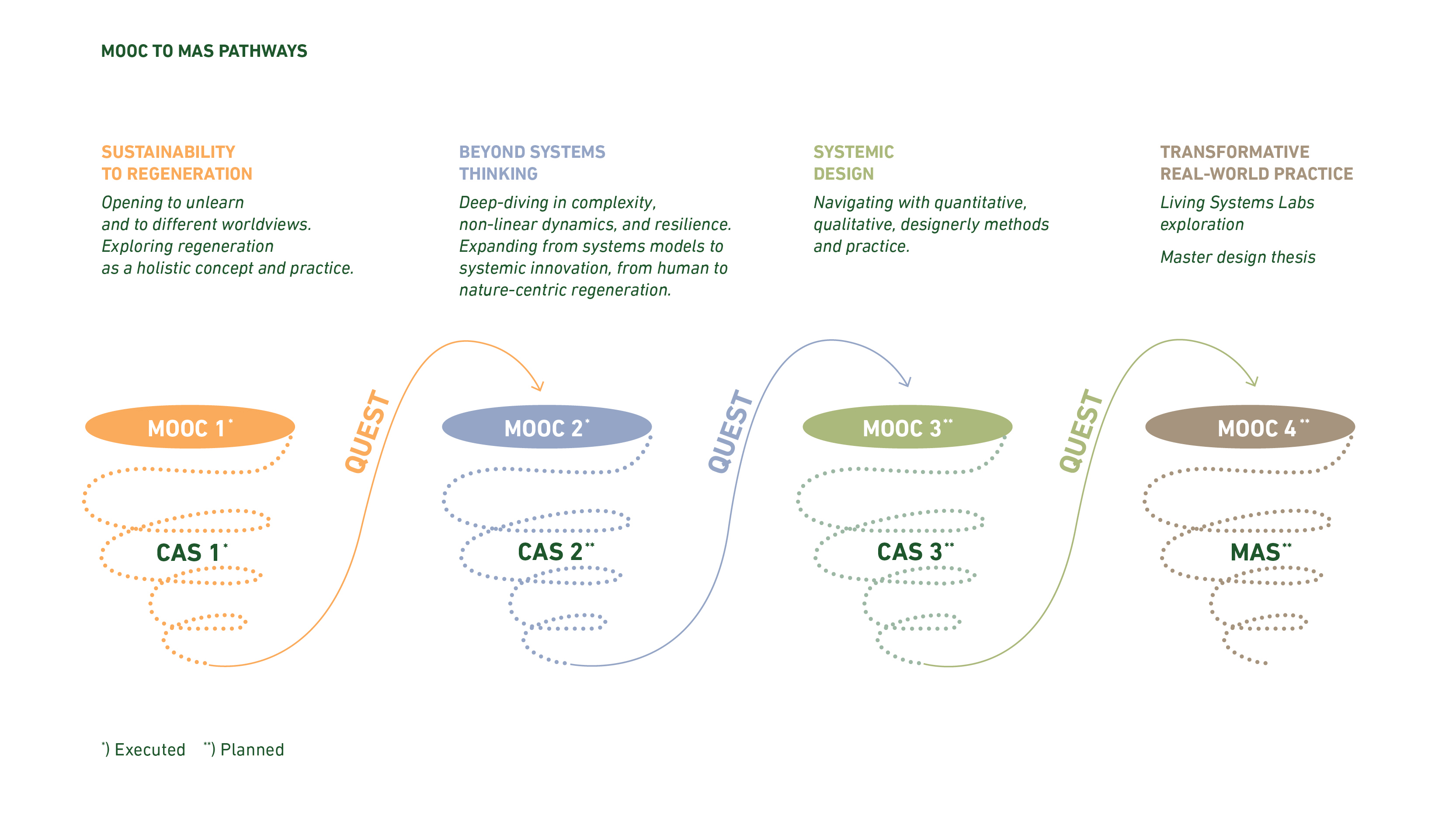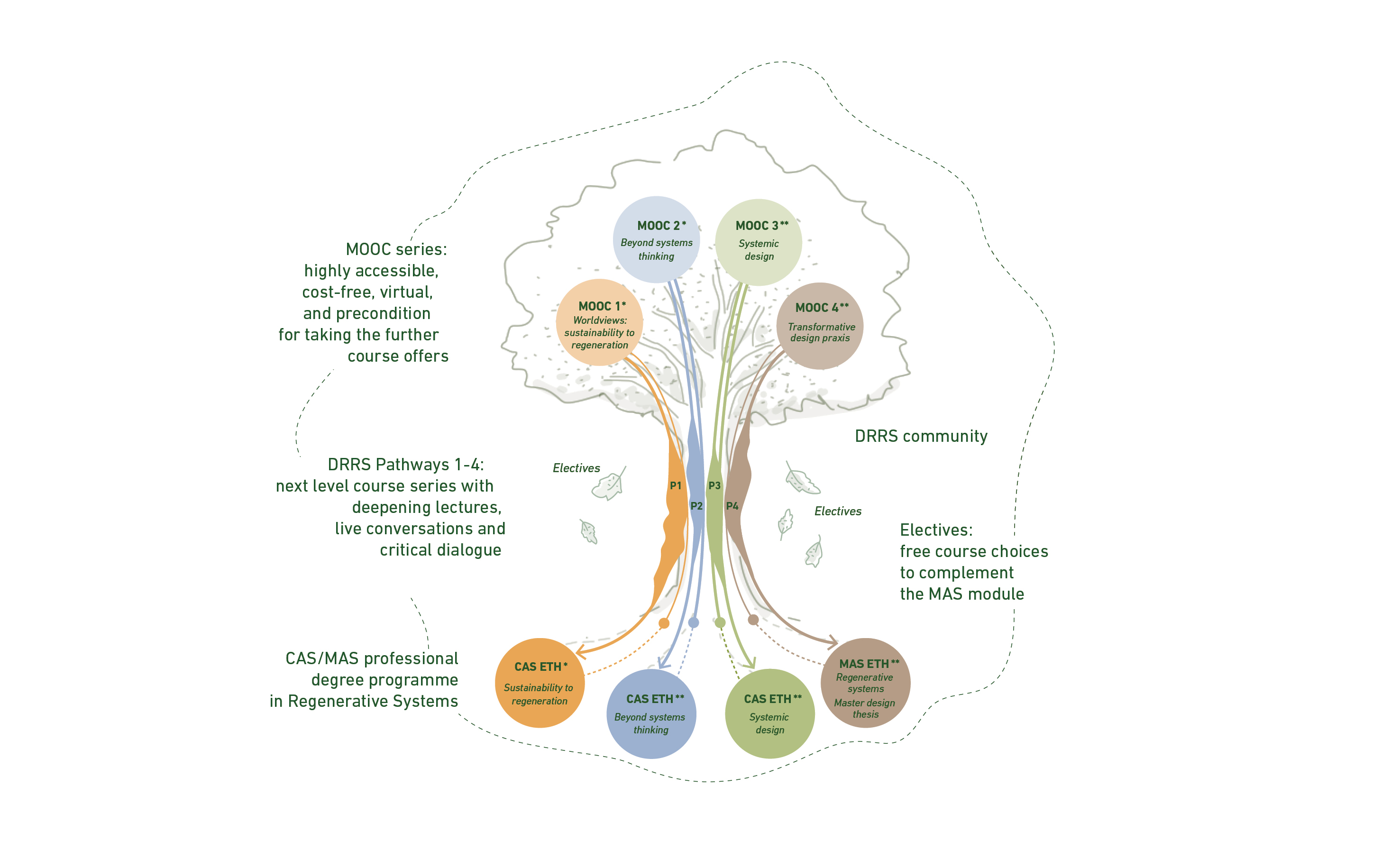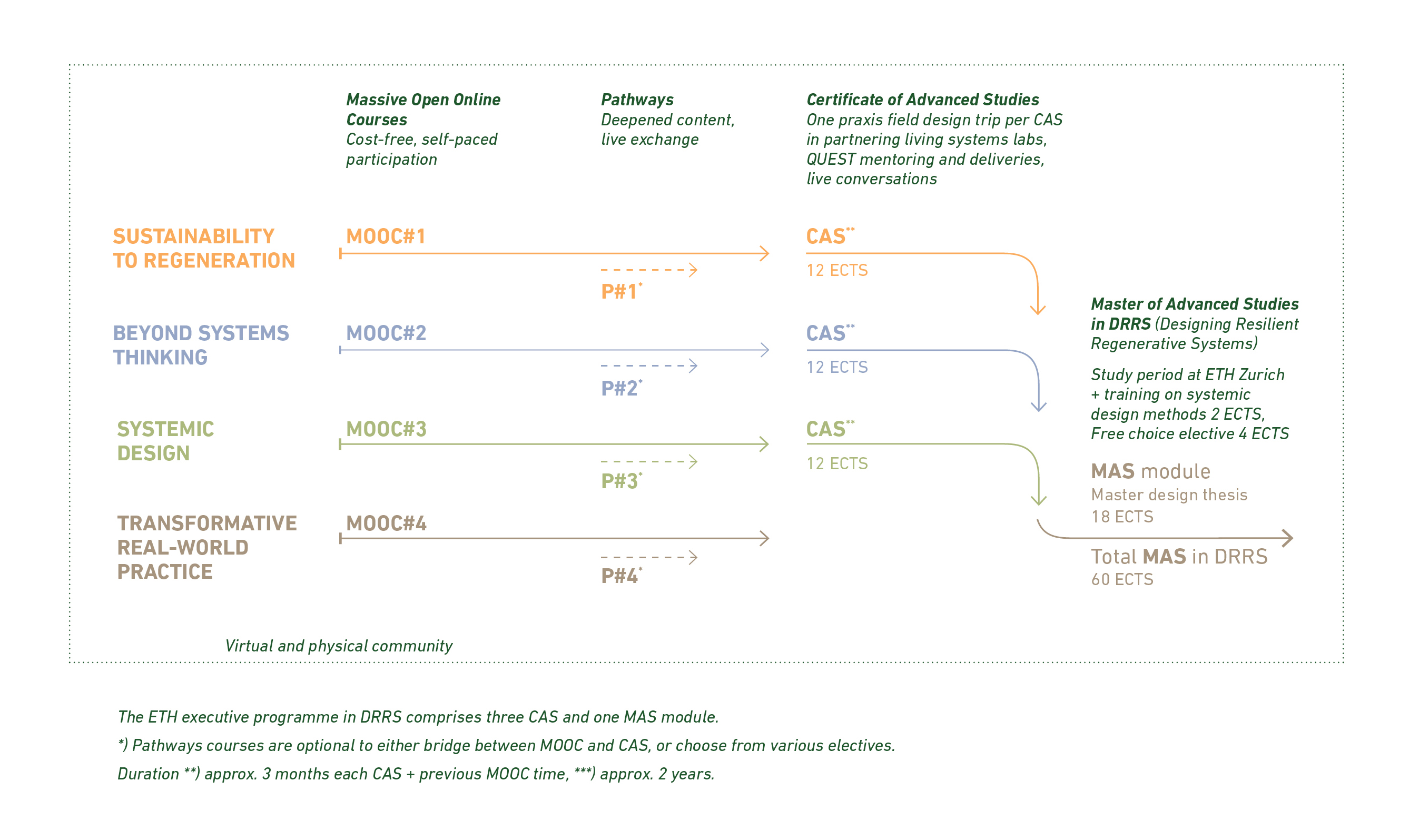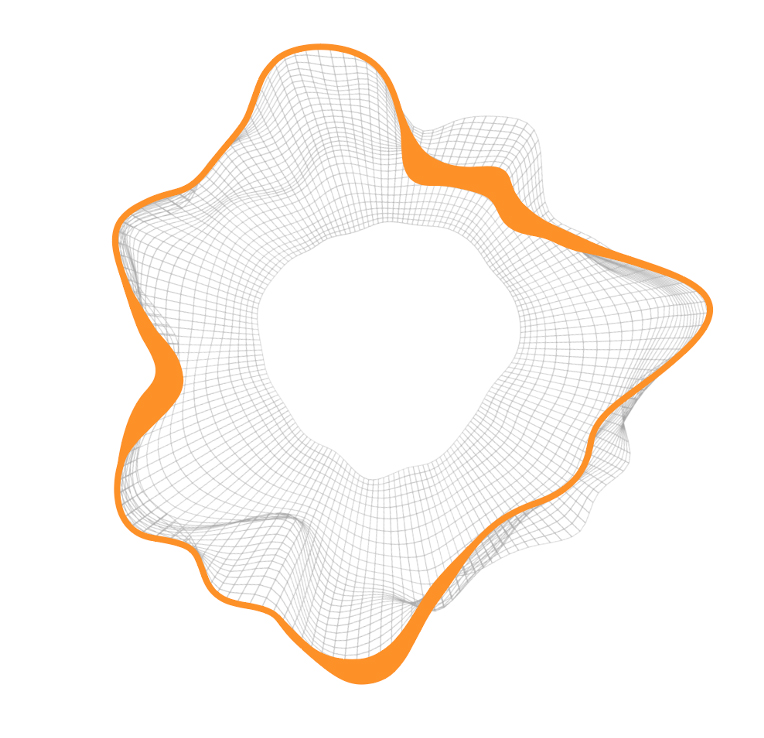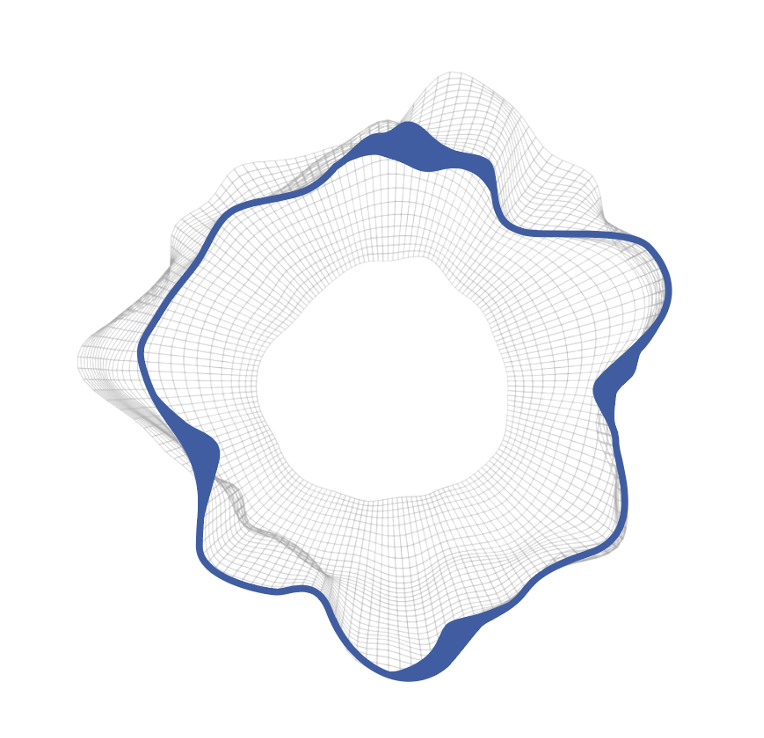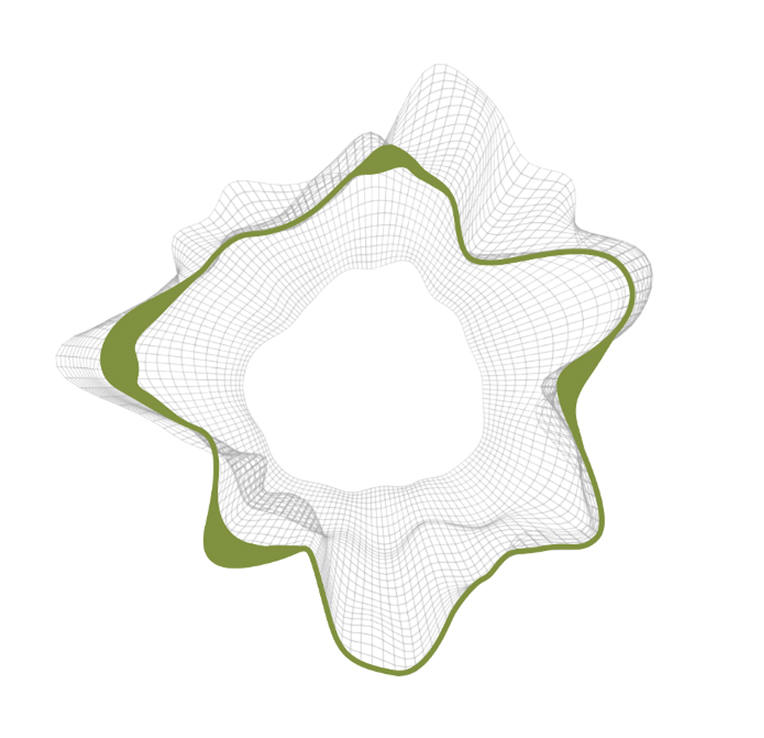Designing
Resilient Regenerative
Systems
The DRRS learning system
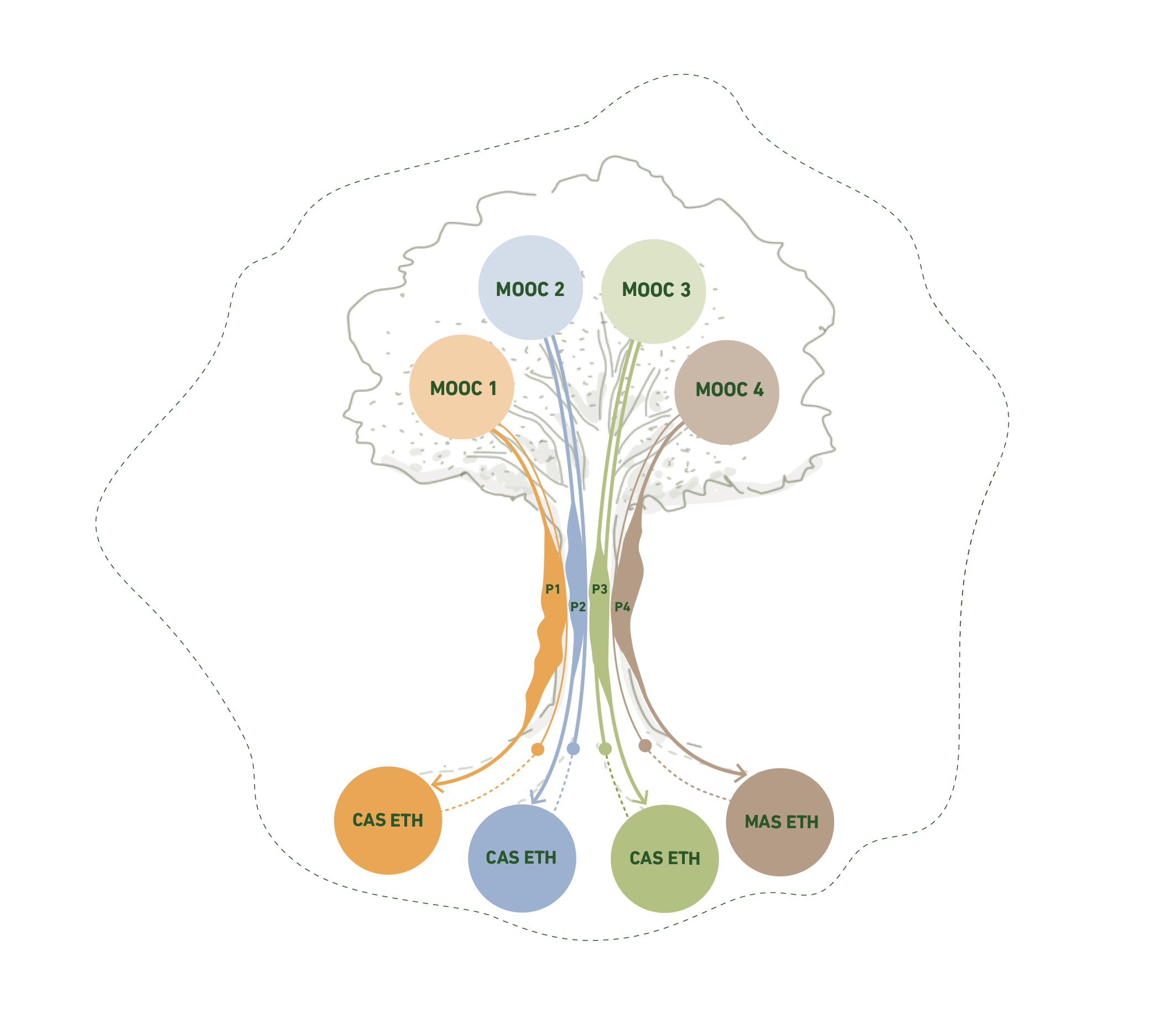
MOOCs, CAS, MAS, community – become part of the DRRS tree, an analogy for the DRRS learning system. The tree’s crown is the large-scale, highly accessible and cost-free entry to DRRS, the Massive Open Online Course (MOOC) series, available via the ETH Zurich channel on edX. The MOOCs will serve as standalone virtual course offers, and as entry to the tree trunk funnel into its root system, the DRRS professional program.
CAS alumni get the chance to feedback their learnings into the continuously evolving MOOC – like nutrients taken up through the root system and transported back up toward the tree’s crown.
This DRRS program builds on and expands the qualities of excellence in disciplinary science, such as ecosystem functions, biogeophysical cycles, cell regeneration, bioengineering, artificial intelligence, agent-based modeling, life cycle analysis, social network analysis, circular economy, nature finance, social-ecological resilience (…). To adequately deal with emergent, unplannable, adaptive systems, DRRS adds the meta-perspective, epistemological plurality, cross-scale linking, worldviews, organizing ideas as narratives and personal inner development to our learning portfolio and cultures.
Read more…
Master of Advanced Studies ETH in Regenerative Systems
The new full executive degree program is now established: the Master of Advanced Studies MAS ETH in Regenerative Systems.
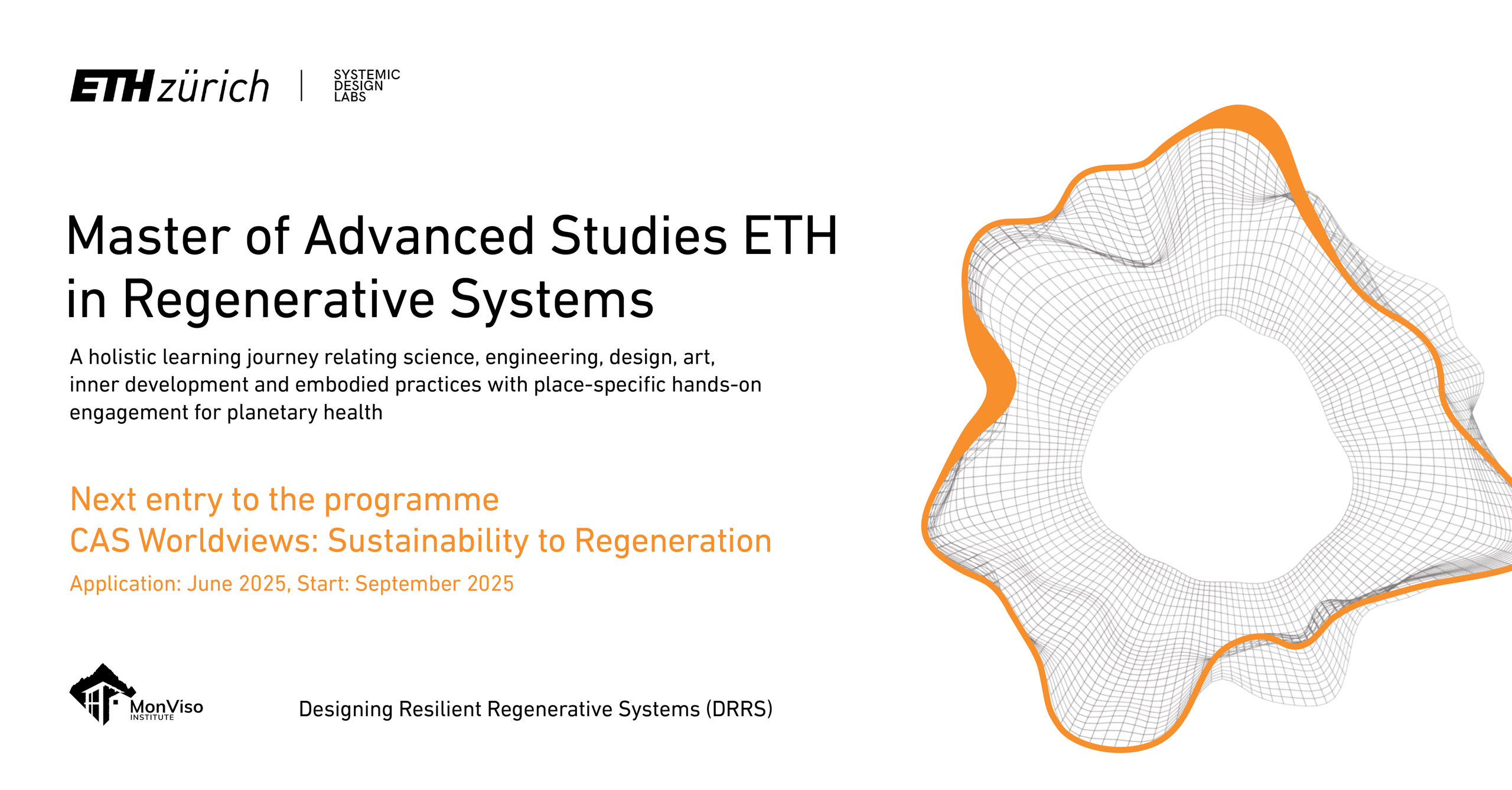
The MAS ETH in Regenerative Systems
What is regeneration – and how does it differ from the societal discourse on sustainability? How can I contribute to regeneration, regenerative design, regenerative practice? How do I participate in designing for planetary health? How can I build personal resilience while guiding others through nested crises? How do we balance the desire for control with the need for adaptability in our own practices? How do I enact uncertainty?
The Master of Advanced Studies ETH in Regenerative Systems (MAS ETH DRRS) equips professionals to navigate tomorrow’s complexity of accelerating nested crises, to guide society toward regeneration between technology, real-world practice, AI, cultures, place specificity, and personal resilience.
Alumni embody holistic skills to relate science, engineering, design, art, embodied practices, and inner processes to real-world challenges, being empowered to navigate complexity and build inner and outer resilience. They acquire a mature, applicable understanding of regeneration, become critical systems thinkers and systemic designers, and hold the inner tools to design for regeneration. The MAS design thesis contextualizes the graduate’s professional goals and experiences.
This MAS comprises four MOOCs, three CAS, electives, and the MAS module. It is taught in a hybrid format with virtual live conversations, personal Quest mentoring, four field design trips to Living Systems Labs in different countries, public Quest-pitching and visual dialogue practices.
The MAS is currently in its first iteration: the MAS design thesis module will be offered in spring-summer ’25, and we expect the first graduates to receive their Master degrees by September 2025.
We are inviting you for a transformative journey of creating a positive impact in complex systems through three CAS and a MAS module comprising the total MAS ETH in DRRS. All modules build upon each other but can be taken in isolation and different order.
The entire MAS executive program offers a learning-to-unlearn-to-relearn journey with your individual transformative design project, the QUEST, on how to navigate complexity for designing resilient regenerative systems. We deep-dive into regeneration on various systems types and nested governance scales; we embrace worldviews and learn to design as nature; we flourish mind through movement and practice circular design for resilience building in living systems labs. We provide reflected access to quantitative methods and to understanding their relational value with qualitative methods, designerly iteration, AI, embodied practice, and inner development.
Coming next: CAS#1 from September ’25 – January ’26
The next chance to enter the MAS program is with the second iteration of CAS#1. It opens for application in June 2025 and takes places in autumn 2025. DRRS MOOC#1 needs to be taken prior to the CAS start.
Application: June 2-30, 2025 Start: September 9th 2025
Duration: 5 months until end of January ’26, with breaks 6.-10.10., 3.-7.11., 5.12.-7.1.26. Field design trip to the Italian Alps: 26.09.-05.10.25. More info here.
Soon finished: CAS#3 from October ’24 – February ’25
The 3rd element of the full MAS, CAS#3, is in full flow and finished by February 2025. so save the dates. Application period CAS#3 was 01.08.-31.08.2024. This CAS is again a hybrid program with a virtual course part from mid-October ’24 until end of February ’25 (break: 9.12.24-6.1.25) and a physical field design trip to Mallorca from October 26th until November 2nd ’24. MOOC#1 and #2 have to be taken as a precondition to this CAS. MOOC#3 has to be started once it is online. Here you find more info on CAS#3, and the link to the application process.
The first information event on CAS#3 took place Wednesday August 7th, 8-9.30pm CET (Zurich time 20-21.30h). Please find here the Miro board with the presentation slides and the linked two recordings of the event to view.
Info session Zoom recording part 1 (the Miro board slides). Zoom recording part 2 (questions and answers).
Details on the field design trip to Mallorca with Daniel Wahl.
CAS#2 took place spring-summer 2024
Living systems, non-linearity, emergence, interbeing – the first iteration of the second CAS module “Beyond systems thinking” deep-dives into complexity and develops a critical understanding of systems. You will learn what systems thinking entails, and how it can become a helpful habit. The program’s field design trip to Norway will take you to exciting real-world practices in Nordic culture and the midnight sun. Through physical embodiment, you will connect with place, with community and your inner self.
The 2nd element of the full MAS, CAS#2, and its learning journey application process started 01.03.-07.04.2024. The CAS is a hybrid program with a virtual course part from May until September ’24, and a physical field design trip to Norway June 8-16th ’24. MOOC#1 and #2 have to be taken or at least advanced as a precondition to this CAS. More info on CAS#2 here.
The 2nd iteration of CAS#2 is scheduled for spring-summer ’26.
The MAS info pages can be accessed here.

